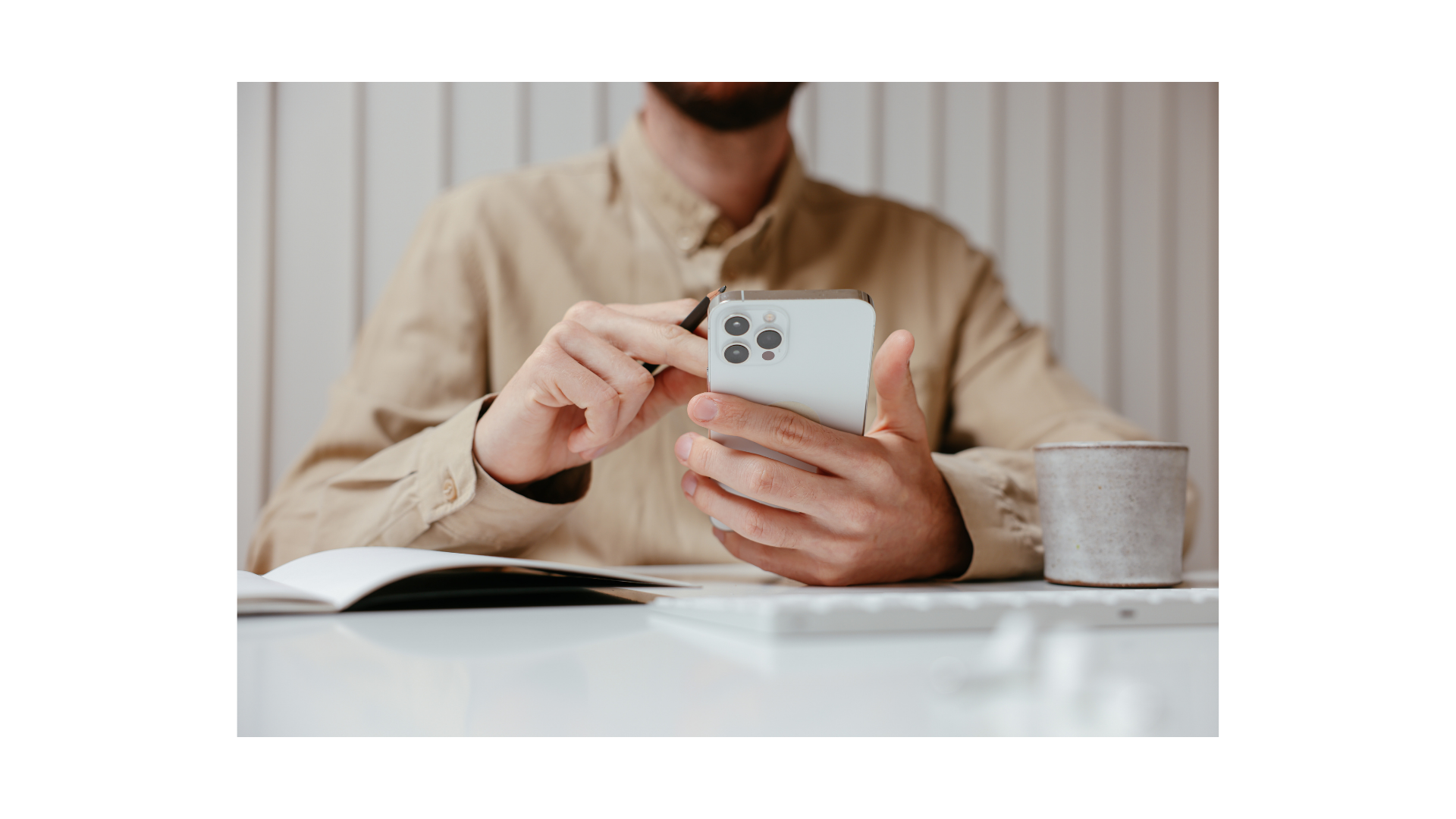In March 2000, seven years before Apple launched its smartphone, IGB ELETRONICA S.A., the parent company of Gradiente brand, developed a device that joined internet and cellphone. The device was initially called “Internet Phone” and abbreviated to “IPhone”. In the same year, Gradiente filed the mixed trademark “G Gradiente iPhone”, and was granted the registration in 2008.
However, a year earlier, in 2007, Apple held the worldwide launch of what would become the most famous cellphone in the world. In the same year, the US-company filed for registration of the trademark with the federal authority, which was not granted.
After the denial, Apple filed a lawsuit against IGB and the federal authority seeking partial nullity of the registration of “G Gradiente iPhone”; since then, Apple has collected favorable decisions in all spheres, up to the most recent in the STJ (Superior Court of Justice). Currently, the proceeding is pending judgment in the STF (Supreme Federal Court) and with the attempt to reach an agreement frustrated.
It is not disputed that Apple’s “iPhone” proves to be unmistakable for the average consumer, acquiring indisputable distinctiveness and notoriety throughout the world. Any person (regardless of social class or nationality) associates such expression with the smartphone sold by Apple; even when new models are launched, consumers often face huge and widely reported queues to purchase them. The success of Apple’s marketing strategy is indisputable, having been able to transform an evocative term into an unmistakable sign of its product.
Thus, allowing Gradiente to hold the property and use the expression IPHONE in a free way would represent immense damage to consumers and the globalized market, since all the fame and clientele of the product developed by Apple could be confused by consumers who in good faith believe that there is any relationship between the products or the companies.
However, is the social function of the brand above the protection of the national intellectual property legal framework, including respect for the right of precedence, recognized worldwide?
The “ideation” of the name and application of the brand by Gradiente is uncontroversial, long before Steve Jobs and his developers launched the iPhone. Therefore, there is no doubt about the good faith of the company when creating the name for its mobile phone.
Issues like this happen around the world, Apple itself acquired brands much less similar to “iPhone” in other countries like Mexico to avoid legal disputes like this.
It is also true that countries protect the regular registration of previous trademarks of small businessmen, this is the case in Spain, where the “Nike” trademark had already been granted to the small sports products company, a fact that, for the Spanish Justice, made it impossible to use the same word by the American giant in the country, being able to only use its logo.
The same happened in Australia, where Ambev changed the name of “Burger King” to “Hungry Jack’s” due to a previous registration of the trademark granted by the competent body.
The right of prior registration and consequent exclusivity of the trademark by the one who first invented it is protected by the Federal Constitution of the country in its article 5.
Soon, the STF (Supreme Federal Court) will have to weigh up the constitutional text that guarantees the priority of the application for registration and the social function of the brand, in the upcoming judgment with great legal and economic impact on the matter.
By: André Felix and Marina Mandetta
Available at: https://exame.com/bussola/iphone-o-que-esta-por-tras-do-celular-mais-famoso-do-mundo/
Autor:

